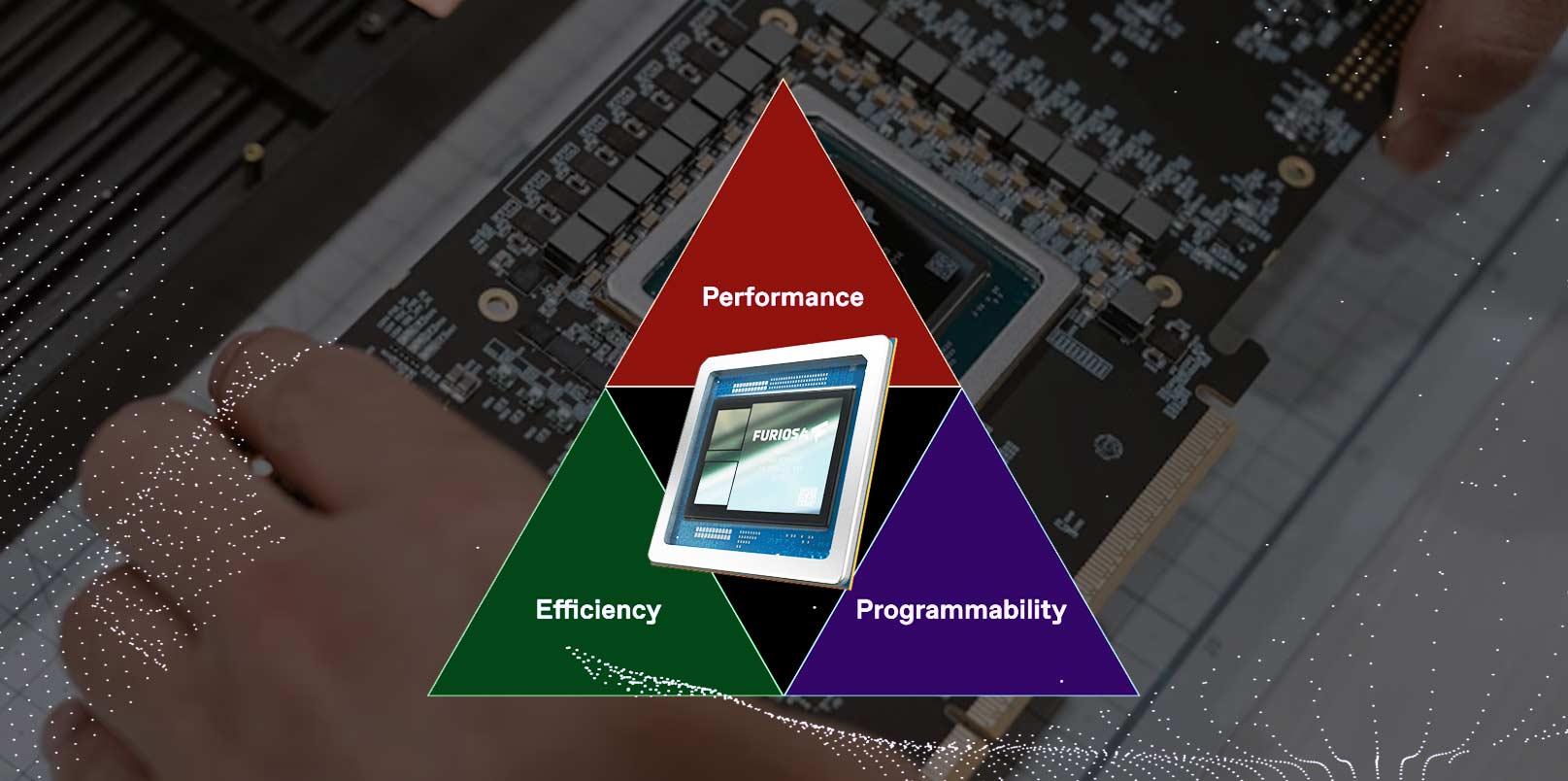Korean AI Education startup Riiid announced that its AI research paper, entitled “Deep Attentive Study Session Dropout Prediction in Mobile Learning Environment,” has been accepted as a full paper at CSEDU, one of the top-tier International Conferences on Computer Supported Education.
The world-renowned conference dedicated to education technology brings experts from around the world to share and discuss computer-based education technologies such as AI, domain applications, learning-assistance information technologies, and learning and pedagogical methodologies.
“We are excited that Riiid’s research has been accepted as a full paper at a highly-recognized international conference in the AI Education field,”
Youngnam Lee, Riiid’s researcher, and the lead author.
“Riiid has been addressing various tasks in the education fields such as the correctness of responses and score prediction, using a deep-learning architecture transformer, which is mainly used for natural language processing (NLP) research. In the process, the firm has developed architecture modifications suitable for the education domain and achieved lessons and know-how. The research paper was the result of such efforts and attempts,” said Youngnam Lee.
The study has gained high recognition as it was the world’s first attempt to investigate user session dropout in a mobile learning environment. Although digitalization has driven the education sector’s shift to mobile, the difficulty in controlling external variables that can distract learning was viewed as the limitation of mobile learning.
Technology to help maximize mobile-learning tools
Riiid researched deep learning technologies to overcome such barriers, and the study findings suggest a pathway that can maximize learning effects by taking into account the dropout probability of individual users. In the research paper, Riiid defined user dropout problems in a mobile learning environment and proposed a Deep Attentive Study Session Dropout Prediction (DAS), a novel Transformer based model, which accurately predicts dropout probability by deep attentive computations capturing complex relations among dynamic student interactions. Through several experiments, Riiid presented an optimal combination of input features and an analytical data set to increase the accuracy of dropout prediction.
The dataset used for the study involves a total of 13.8 million interactions from 210,000 users released at EdNet, an open-source AI-education database unveiled by Riiid early this year. Riiid’s research team trained its prediction model with this large-scaled dataset and conducted experiments with different combinations of input features.
According to the study, the results from sequence size of five and the combination of nine variables—question ID, category, starting time, position in input sequence, position in session, response correctness, elapsed time, and on-time response— showed the best AUC (Area Under Curve), which means the highest prediction accuracy. The empirical studies based on this setting showed the DAS model outperformed baseline models — LSTM (Long Short-Term Memory) and GRU (Gated Recurrent Unit) — by 12.2% in the area under the AUC.
Upgrading of existing technology
Riiid’s research findings have already been incorporated into its AI-engine, santA. Inside, which powers SANTA TOEIC‘s question recommendation algorithm. Riiid will expand the application beyond TOEIC to include its soon-to-be-released SAT and ACT solutions. That is, if there are questions to recommend with similar predicted score gains, the algorithm recommends the question with a low dropout probability to induce users to continue.
“This study marks a meaningful milestone for Riiid as an AI education startup delivered concrete research results that would provide a focused, in-depth and applicable solution to issues in the AI-enabled learning field,” said Young-Jun Jang, CEO at Riiid. “Going forward, Riiid will further solidify its technology leadership by continuing research on AI education on both theoretical and practical levels.”
Meanwhile, the study was invited to the oral session for a few outstanding full papers. Riiid’s research team will present the study at the CSEDU 2020 Conference scheduled to take place in Prague, Czech, in May 2020.





